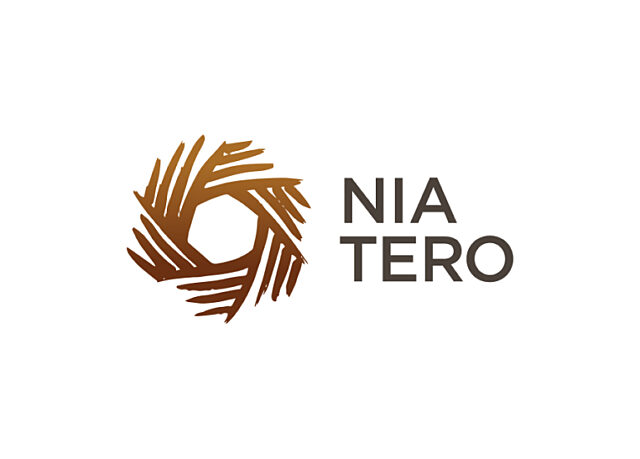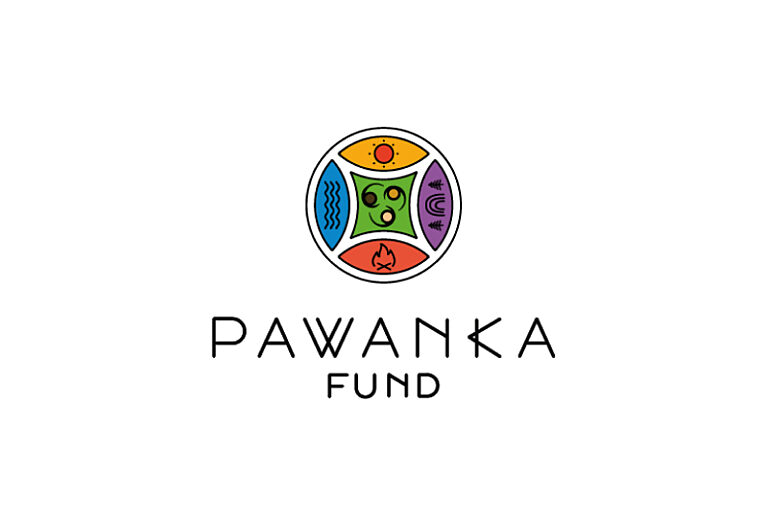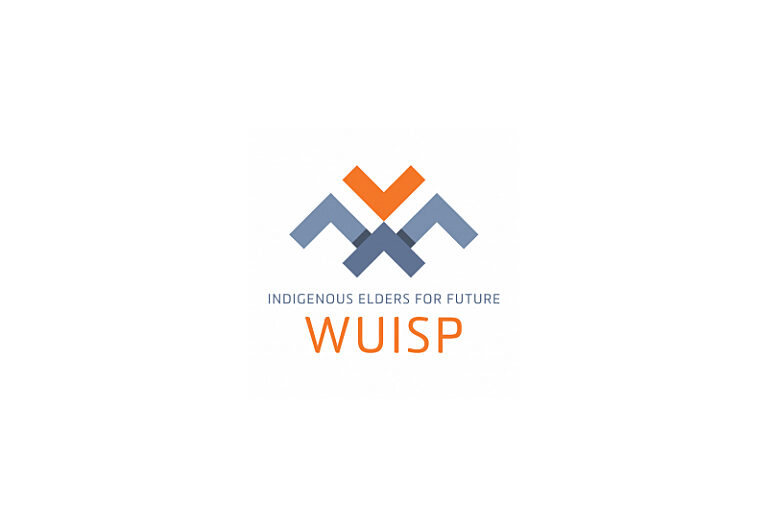Governance Systems
Governance systems vary greatly among the Wayfinders, as do their ecosystems, which include a diversity of tropical forest communities, temperate Boreal forest communities, oceanic island communities, as well as semi-arid areas, grasslands, and mountain communities. In each case, the Wayfinders practice a broad array of self-governance formations rooted in their respective bioregions and in full realization of their own self-determination.
Robust governance structures, rooted in Indigenous worldviews, are paramount for the flourishing of each member's cultures and territories. Such frameworks enhance Indigenous Peoples' capacity to forge pathways toward constructive and respectful engagements with the State, affirming their right to self-determination.
Holistic Management and Guardianship of Collective Territories
Wayfinders members are driven by intrinsic motivation to uphold guardianship over their ancestral territories and ecosystems. With proven wisdom and experience, they have led processes that have fostered robust guardianship practices, ensuring a sustainable legacy for future generations.
Transmission of Traditional Knowledge, Spirituality and Ancestral Continuity
Spirituality holds a central role within the Wayfinders, integral to their way of life. The Wayfinders Circle is committed to safeguarding and preserving ancestral knowledge passed down from generation to generation. This knowledge serves as a cornerstone for developing management practices aimed at protecting traditional lands and waters.
The profound wisdom embedded within the Wayfinders' collective experience is not only crucial for survival, but also instrumental in cultivating resilience amidst challenges, playing a pivotal role in sustaining the identity and self-determination of Indigenous Peoples.








